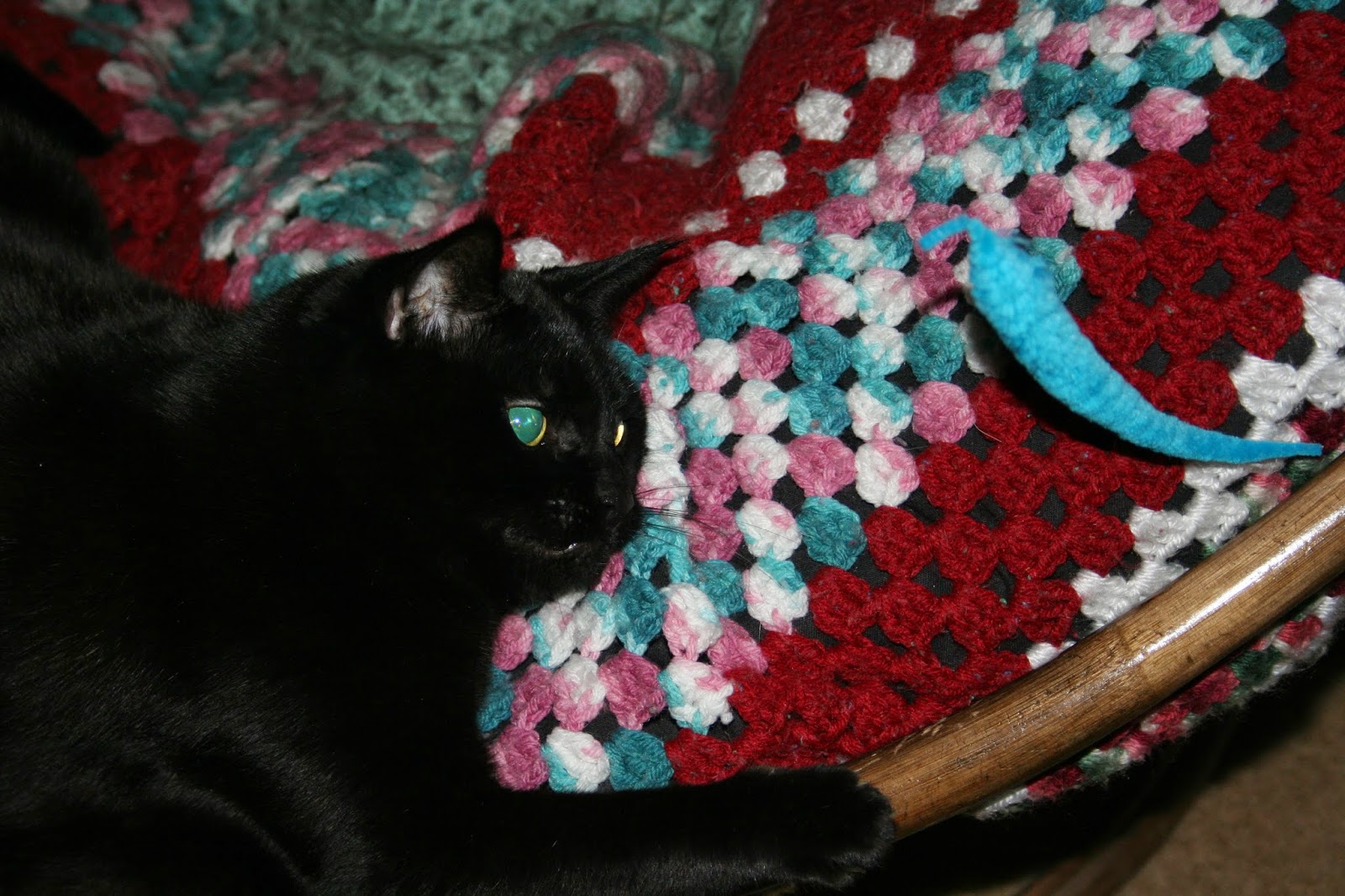I deeply appreciate this Huffington Post article on children in worship and this blog post from a member of our church community. Some of the best sounds in worship are those of young children. Our ministers and deacons often engage with the young ones as part of their sermon, prayers or offerings. Very often, these interactions open the Scriptures in ways that prepared speech cannot.
I know that some of the sounds of young ones can be distracting for people who come to church seeking a particular kind of silent communing. Let’s be honest, though: we can have silent communion with our Beloved anywhere at any time. We simply choose not to employ that reality except in the buildings we label as “church”.
When we come together as Church, (that is the proper use of the term — it means the people, not the building) I pray that we would to come together in ways that welcome even the youngest of our members. This means, in part, that we do not have the same expectations of them that we have for the eldest among us. It means recognizing the gifts that come from every age group, from the very young to the very old. Everyone has something to offer in worship, and everyone has something to receive.
 |
| Creative elements in worship engage many ages and personality types. |
When we were young, our family sat in the front pew at church. We were close enough to smell the freshly baked bread; close enough to feel the breeze flowing from the pastors’ movements as they preached and paced nearby. I often felt that the pastors were speaking right to me, and I felt like I was part of the community from a very young age, especially when I was able to connect with Jesus at the communion table.
I grew up in the midst of a congregation where even the youngest members were able to partake in communion whenever the parents deemed it appropriate for their children. By the time I was three, I was well aware that Jesus came into us in a special way and connected us powerfully at the communion table. My father recognized that I was ready, and I soaked up every ounce of Jesus, and I looked at all the people kneeling around that railing and I knew that we were all Family. That was a profound moment in my faith formation.
We all have different ways of connecting with the Divine. One of my deepest hopes is that our worship experiences would be shaped in ways that help people from every age and every stage of development to experience connection with the Beloved and with one another. This is one of the ways that the Cure for the Virus can spread — when we all become conduits of healing and love, opening up together as we practice being Church.



